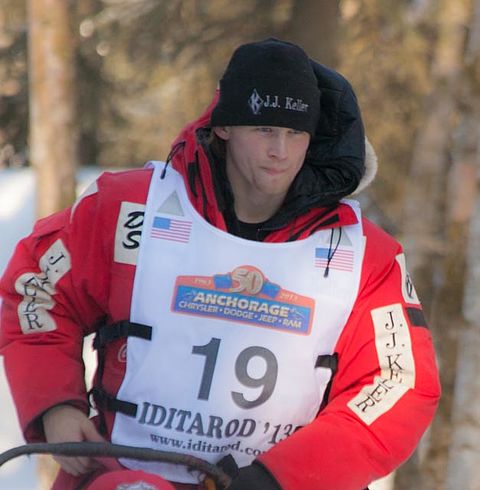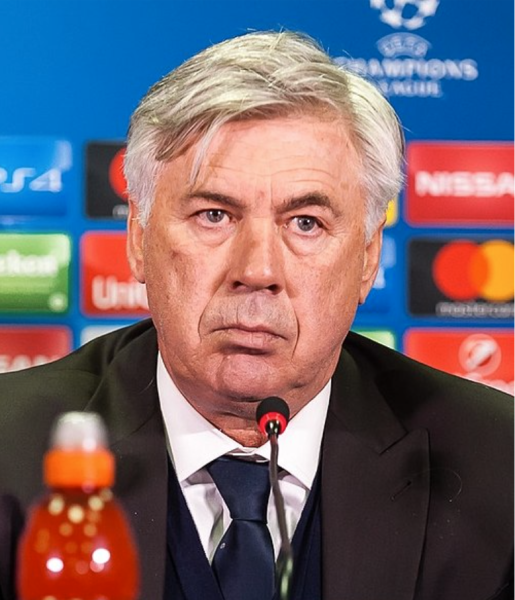Dog Doping at the Iditarod?

Credit: Wikipedia.
The Iditarod. When you hear about the Iditarod the first things that may pop into your mind are sled dogs and Alaska, not drugs.
A thirty-one-year-old veteran musher and four-time Iditarod champion from Willow, Alaska, Dallas Seavey, is under fire when four of his dogs were tested positive for a powerful opioid pain reliever called Tramadol in late October.
This is the first time in the 45 years of the race’s existence that a dog team was tested positive for illegal drugs.
Seavey has denied giving his dogs any illegal drugs and has pointed the finger towards sabotage.
The Iditarod Trail Committee has not put the blame on Seavey though, and fellow mushers believe Seavey is innocent.
Musher Aliy Zirkle, who finished 8th last year, said, “I don’t think he gave those drugs to his dogs.”
Tramadol is also a drug that is never seen in the dog sledding world and it would be a highly unlikely move by a very successful veteran musher to give his dogs drugs before they were getting tested.
Dr. Jamie Peyton, a veterinarian with the Integrative Medicine Service at the University of California Davis, describes Tramadol as a small white pill for dogs with mostly chronic pain but sometimes acute pain.
The irony in the drug is that its side effects include drowsiness; not an affect that a sled dog would want while racing.
Seavey claims that his kennel uses the bare minimum of drugs for his dogs and that it does not even have Tramadol.
Seavey released a recent YouTube video expressing his innocence and how he has poured his life into mushing and would never do anything to jeopardize it.
Four-time Iditarod champion and legendary musher, Lance Mackey, has backed up Seavey.
“As a champion of many races, including Iditarod, knowing the BS that title brings, the jealous competitors, fans, etc. and NOT being a huge Dallas Seavey fan, I don’t -without doubt believe he is guilty of the accusations of doping his dogs. I am 100% behind Dallas, stay strong champ!
With the support from fellow mushers, Seavey is currently demanding to see the test results conducted by the Iditarod Trail Committee, but the ITC has failed to do so.
The ITC did the mandatory urine tests for all of Seavey’s dogs and Seavey even asked for a blood test to see how long it takes for his team to recover.
Seavey is baffled at how he could be guilty even when he was the one who asked for multiple tests to be conducted on his team.
“Does it really seem plausible that in addition to the urine tests, I’m doing blood tests and I’m going to dope my own dogs before this? This is absolutely asinine.” Seavey said in an interview with Alaska Daily News.
The Iditarod Trail Committee has stated that under new revised 2018 rule that if a musher has a positive drug test he or she must prove their innocence that they did not give the dogs drugs.
Seavey has dropped out of the 2018 Iditarod following the controversy and will focus on the Finnmarkslopet; Europe’s longest sled dog race located in Norway on March 9.











